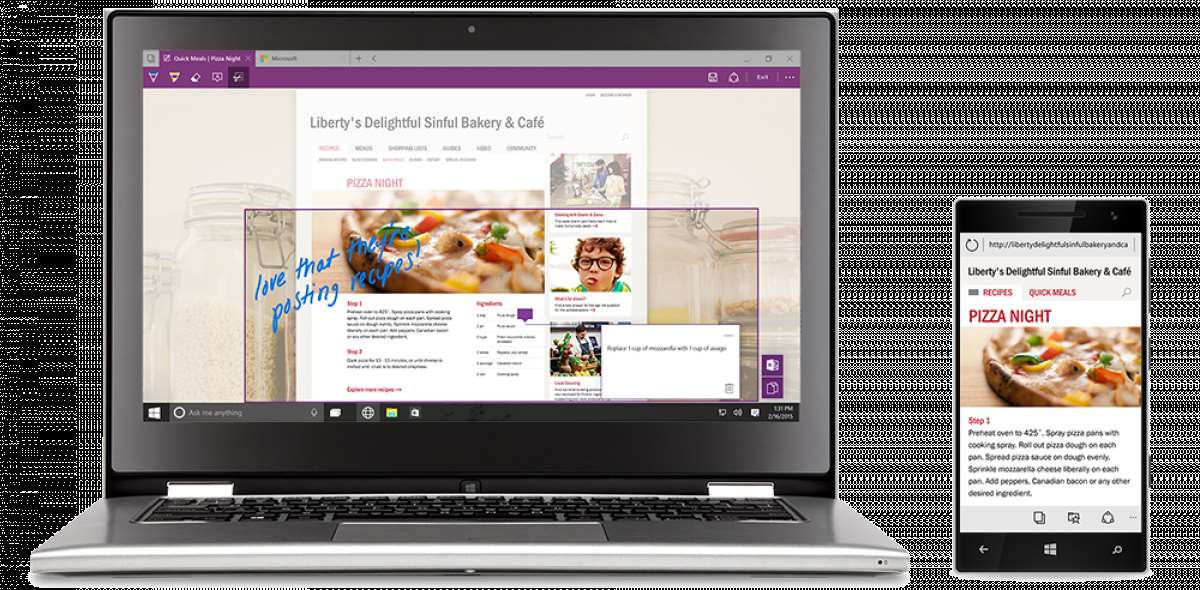Two months after first unveiling Project Spartan, Microsoft has made a version of the new web browser available to the public for the first time.
The public build is part of the latest Windows 10 Technical Preview build for PCs and has been met with some early enthusiasm: TheNextWeb, for example, called the browsing experience "encouraging", though noting it might be "a little too glitchy for everyday use".
Still, as they note, it is only the first public build. Things are likely to improve once Spartan is ready for full public consumption.
The question is, will consumers and enterprises take it up?
Joe Sweeney, an advisor specialising in Microsoft technology with analyst firm IBRS, believes that Spartan will gain significant browser market share as consumers upgrade to Windows 10.
Upgrades to Windows 10 are free for a year for consumers.
"For the majority of home users, the browser that is pre-installed and the default is the one they use," Sweeney said.
"Is Windows 10 going to have a higher uptake than Windows 8? The answer to that is absolutely yes.
"Since that will be the platform of delivery [for Spartan] and become the client of choice, Spartan will become a significant browser in that whole space."
Sweeney is unconvinced, however, that Spartan can win over users of other browsers, even with some of the features Microsoft is touting.
"I actually think that comparing browser to browser to browser is a bit of a useless task - most consumers and organisations don't really care that much," Sweeney said.
"What they want is something which just works and renders the majority of websites well enough.
"Spartan will do that – but so will Chrome and all these other browsers."
Some of the features of Spartan include Cortana – Microsoft's answer to Apple's Siri personal assistant software – built in, a 'reading view' that makes it easier to consume content, and a cloud-based tie-in with OneNote that lets users annotate web pages and save the files.
One potential limiting factor for Spartan's reach is it remains unclear which operating systems it will work with, other than Windows 10.
"Spartan, at this point according to Microsoft, is for Windows 10 (and later) only," Gartner fellow and vice president David Mitchell Smith said in a blog post.
"There are no announced plans for Windows 7 or alternative OSes.
"However given the company's extended focus beyond Windows, and the intent to bring Cortana to IOS and Android, it is certainly very possible that it will make its way onto those platforms.
"Windows 7 however, is less likely as a target as Microsoft would rather the installed base upgrade to Windows 10."
Enterprise adoption?
Smith is keen to point out that Spartan will not just be for consumers, although it may find somewhat limited enterprise adoption.
"Enterprises will be able to use [the current] IE11 (it may be called just IE) with "Enterprise mode" for backward compatibility," Smith said.
"This backward compatibility will also exist in Spartan.
"Spartan is likely to be somewhat compatible via enterprise mode, but for enterprise legacy backward compatibility, IE will be recommended."
Sweeney agrees that some enterprises will need to remain on IE, noting large enterprise applications such as enterprise resource planning were tied to it.
"The truth is in the enterprise space you'll still have IE for certain applications and that will just remain running," he said.










